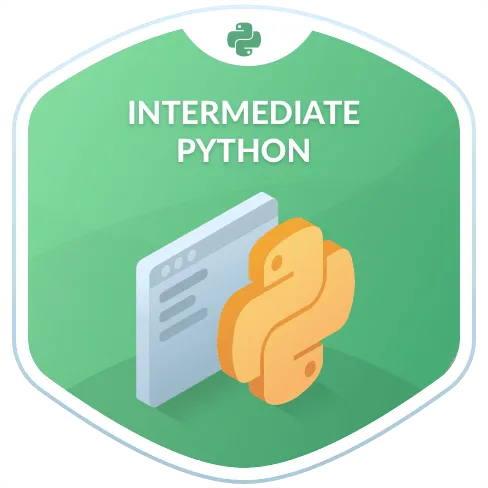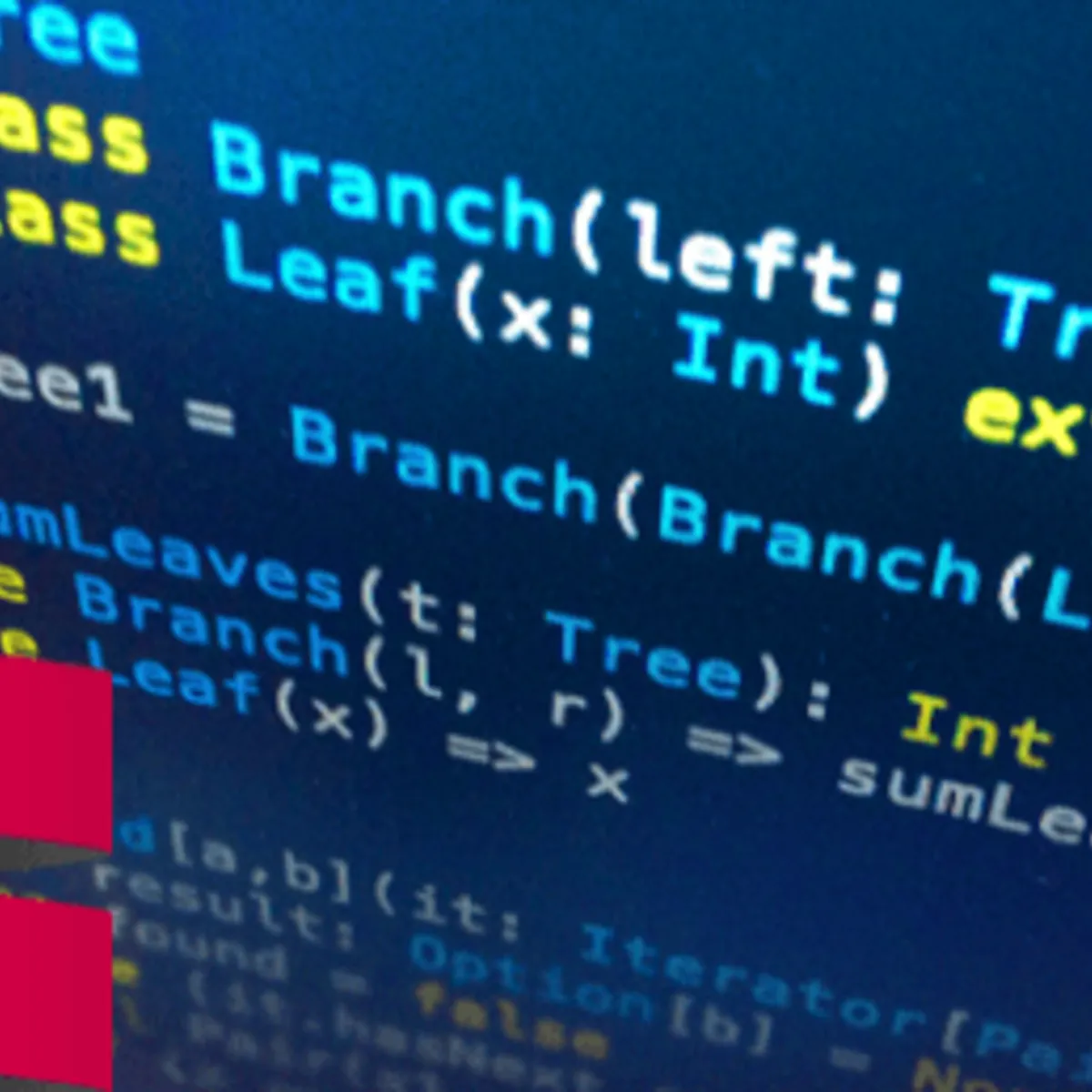
Intermediate Python 
This course provides an intermediate level of instruction in Python programming. Students will learn to create visualizations using Matplotlib and manipulate DataFrames with pandas. By the end of the course, students will have a better understanding of Python and its applications in data science. ▼
ADVERTISEMENT
Course Feature
![]() Cost:
Cost:
Free Trial
![]() Provider:
Provider:
Datacamp
![]() Certificate:
Certificate:
Paid Certification
![]() Language:
Language:
English
![]() Start Date:
Start Date:
On-Demand
Course Overview
❗The content presented here is sourced directly from Datacamp platform. For comprehensive course details, including enrollment information, simply click on the 'Go to class' link on our website.
Updated in [March 20th, 2023]
Intermediate Python is a four-hour course designed to help learners build on their existing Python skills and explore new Python applications and functions. Learners will gain an understanding of dictionaries and pandas DataFrames, and how to create and manipulate datasets. They will also learn about logic, control flow, filtering and loops, and how to use hacker statistics to calculate their chances of winning a bet. By the end of the course, learners will be prepared to apply their new skills in their job, new career, or personal project.
[Applications]
Upon completion of the Intermediate Python course, learners will be able to apply their new skills to their job, new career, or personal project. They will be able to create visualizations using Matplotlib, manipulate DataFrames with pandas, and use dictionaries and pandas DataFrames to access and manipulate datasets. Learners will also be able to use logic, control flow, filtering, and loops to control decision-making in Python programs and perform more operations with their data. Finally, learners will be able to use hacker statistics to calculate their chances of winning a bet.
[Career Paths]
1. Data Scientist: Data Scientists use Python to analyze and interpret data, build predictive models, and create visualizations. They are responsible for understanding the data, developing algorithms, and creating insights that can be used to make decisions. As the demand for data-driven decision-making increases, the demand for Data Scientists is expected to grow.
2. Machine Learning Engineer: Machine Learning Engineers use Python to develop and deploy machine learning models. They are responsible for designing, building, and testing machine learning algorithms, as well as deploying them into production. With the increasing demand for automation and AI-driven solutions, the demand for Machine Learning Engineers is expected to grow.
3. Data Analyst: Data Analysts use Python to analyze data and create insights. They are responsible for understanding the data, developing algorithms, and creating visualizations that can be used to make decisions. As the demand for data-driven decision-making increases, the demand for Data Analysts is expected to grow.
4. Software Developer: Software Developers use Python to develop software applications. They are responsible for designing, building, and testing software applications, as well as deploying them into production. With the increasing demand for automation and AI-driven solutions, the demand for Software Developers is expected to grow.
[Education Paths]
Recommended Degree Paths:
1. Bachelor of Science in Computer Science: This degree program provides a comprehensive overview of computer science fundamentals, including programming, data structures, algorithms, and software engineering. It also covers topics such as artificial intelligence, machine learning, and computer graphics. This degree is ideal for those looking to pursue a career in software development, data science, or computer engineering.
2. Master of Science in Data Science: This degree program focuses on the application of data science techniques to solve real-world problems. It covers topics such as data mining, machine learning, and predictive analytics. It also provides an in-depth understanding of the principles and techniques of data science, including data visualization, data wrangling, and data analysis. This degree is ideal for those looking to pursue a career in data science, analytics, or research.
3. Master of Science in Artificial Intelligence: This degree program focuses on the development of intelligent systems and their applications. It covers topics such as natural language processing, computer vision, and robotics. It also provides an in-depth understanding of the principles and techniques of artificial intelligence, including machine learning, deep learning, and reinforcement learning. This degree is ideal for those looking to pursue a career in artificial intelligence, machine learning, or robotics.
4. Doctor of Philosophy in Data Science: This degree program focuses on the development of advanced data science techniques and their applications. It covers topics such as data mining, machine learning, and predictive analytics. It also provides an in-depth understanding of the principles and techniques of data science, including data visualization, data wrangling, and data analysis. This degree is ideal for those looking to pursue a career in research, data science, or analytics.
Course Provider

Provider Datacamp's Stats at AZClass
Discussion and Reviews
0.0 (Based on 0 reviews)
Explore Similar Online Courses

From Brand to Image: Creating High Impact Campaigns That Tell Brand Stories

Network Security

RDBMS PostgreSQL

Intro To PostgreSQL Databases With PgAdmin For Beginners

PostgreSQL: Client Applications

Mastering SQL using Postgresql

Database Design and Basic SQL in PostgreSQL

PostgreSQL: Advanced Queries

Spatial SQL with Postgres : A language for geographers

Learn SQL Using PostgreSQL: From Zero to Hero

PostgreSQL Essential Training


Start your review of Intermediate Python